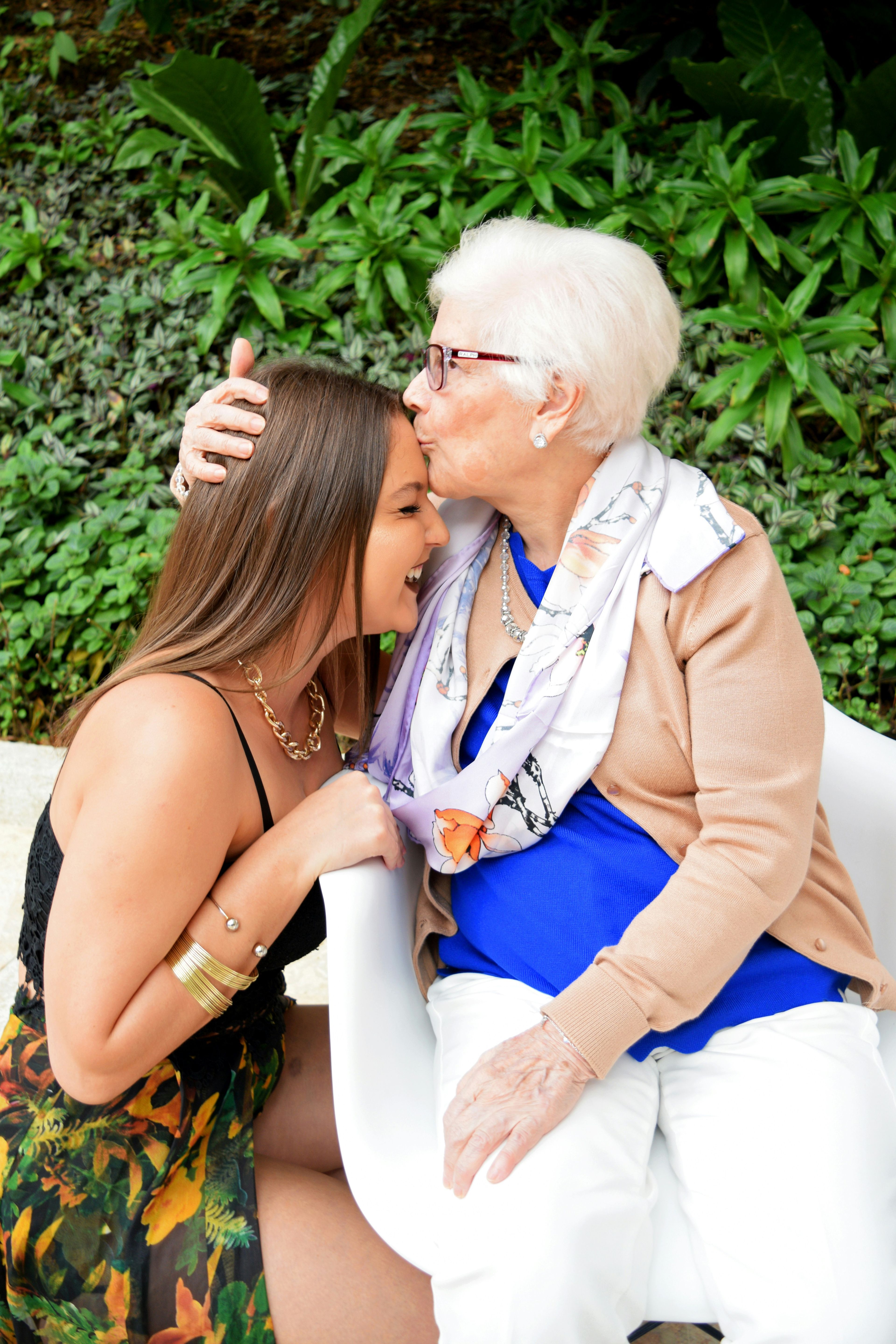How To Set Boundaries With Grandparents
You may be wondering how you can work with the grandparents in your life and get them to respect your way of doing things at home.

While some people consider their child’s grandparents to be a lifeline during the chaos of parenting, others may struggle to welcome their parents and in-laws into their children’s lives. Conflicts about boundaries and parenting practices may become routine in families where there is already dysfunction or when there are cultural, religious, and generational differences.
You may be wondering how you can work with the grandparents in your life and get them to respect your way of doing things at home. The best way to avoid communication breakdowns and festering resentment is to set healthy boundaries; the sooner, the better.
I will offer you some tips for setting boundaries with grandparents. But please remember, if you have someone in your life who absolutely will not listen or work with you, of course, these may not work. Use your discretion based on your unique relationships and history with this person.
Do not expect them to read your mind.
You may find that your child’s grandparents have a completely different narrative and view of the situation. Instead of expecting them to know or read your mind, clearly state your expectations from the start and clarify them. Do not leave anything up to interpretation.
Compromise when possible.
I know this one may be triggering for those of you who have very challenging relationships with your child’s grandparents. But if you have a dynamic that isn’t extreme, it can be very helpful to compromise when possible. If there are certain things the grandparent really enjoys or looks forward to, can you release some control over that part of your child’s life? Can you find a way to include them that works for everyone?
Put things in writing or have a witness.
If the grandparent has memory issues or tends to twist what was said, it’s essential to clearly state things in writing that can be reflected on later. You may also want a witness, like your partner, when communicating with this person.
Have each partner communicate with their parent(s) when possible.
You may have fewer issues if your partner communicates with their parents and you communicate with your parents. Sometimes, divorce or death makes this impossible, but try to allow the other parent to communicate and arrange things with their parents as much as possible to eliminate any miscommunication or incorrect blame.
Catch them being good.
If and when the grandparent helps you out and abides by your boundaries, tell them! Positive reinforcement can go a long way when boundaries are being established.
Prioritize safety.
Your child’s safety is the most important thing here. Look out for clear signs of emotional or physical abuse and neglect. If any of this happens, you will need stronger boundaries or limits. You may need to stop interacting with this person altogether. Your number one priority is keeping your child safe, whether that is from a stranger or a family member.
Remember that parenting practices have changed.
It’s okay if the grandparent asks questions or wants to understand why you are doing something. How they ask this matters. There is a big difference between looking for clarity and dismissing your wishes. Use your discretion. After clearly explaining yourself, it’s ok to say, "This is what works for us and what we have decided to do as parents.”